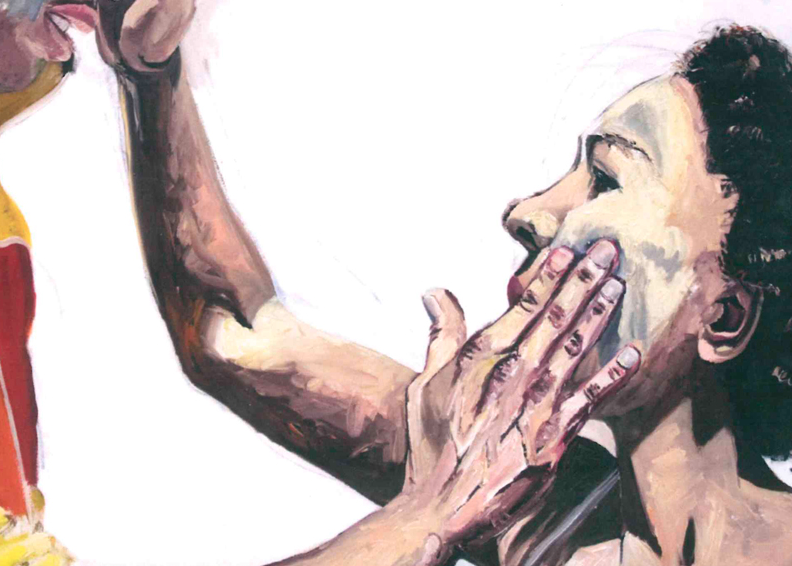Shane McCrae, Mule, Cleveland State University Poetry Center, $15.95 (paper)
The title tells us that this is a book about being half: “Half donkey and half human being,” as the poem “Mulatto” says in its first line, half “the song // Which unrelated to the body pass- / es through the body”—and half “love / In the body for the body love and love” (“Continuing”). With an unerring sense of music, in rhythms as insistent and ungraspable as a recurring dream, McCrae’s poems approximate the sound of the subconscious, of what the mind does with words when it isn’t using them intentionally but murmuring to itself consolingly and censoriously of its own imperfectly recorded history. To be half, to be a mule, is to be neither one nor the other, neither here nor there. This motif repeats itself through the idioms of marriage, parenthood, autism, Alzheimer’s, and finally the pursuit of faith, which is for this poet—as for George Herbert, John Donne, and Gerard Manley Hopkins, who constitute one current of McCrae’s poetic lineage—the pursuit of lyric. In the book’s final movement, the poet, now in the wake of his marriage, stands naked before his god in a sequence of poems that returns to lyric’s origins in prayer, conjuring the divinity his soul requires: “Lord of the hopeless also dear Hat-Soaked / Pole-In-The-Canal and Red-Tie Father.” Yet no phrase better captures McCrae’s ability to startle lyric’s most timeworn materials back to life than this one from “Crows”: “spring the trees / Are raw with birds.” When you read something that sounds so simply true, everything, including poetry, seems possible again.








